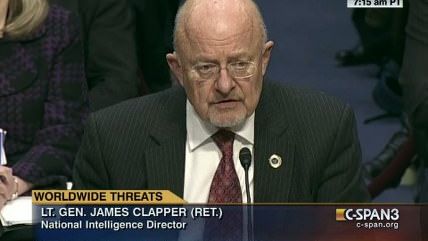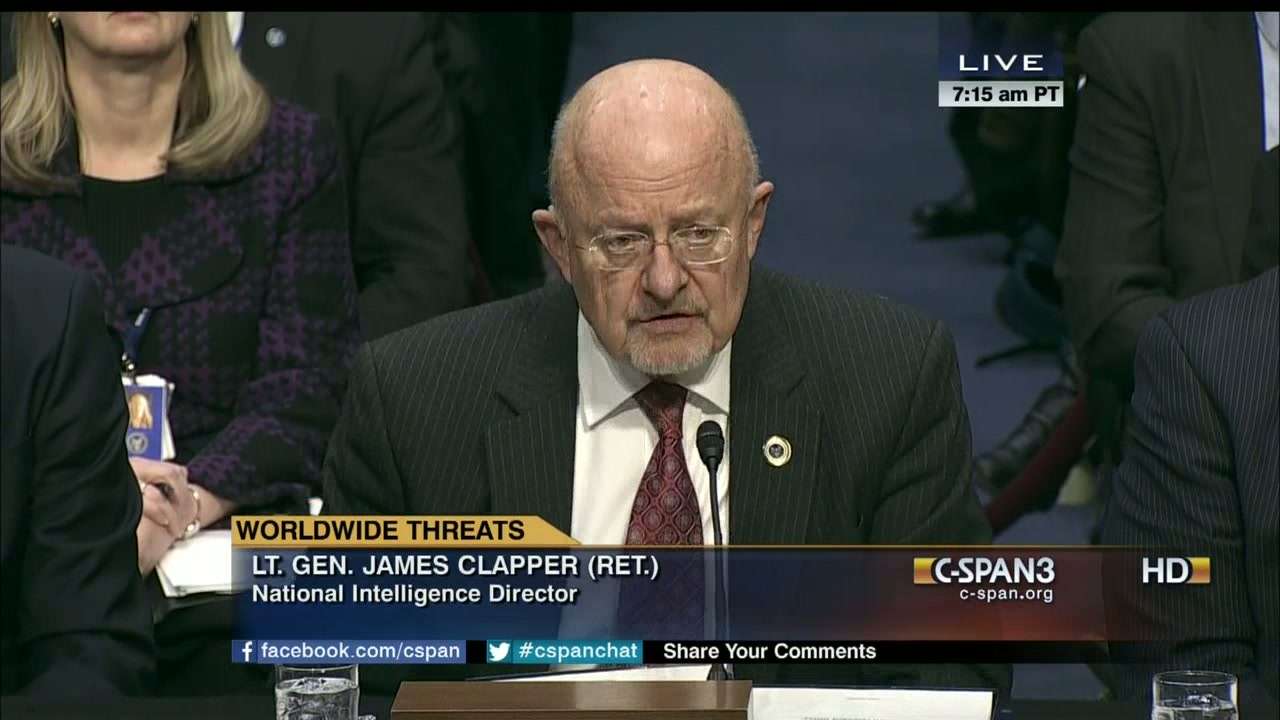Earth to NSA: It's Not 'Inadvertent' Collection of Private Data if You Know and Keep Doing It


Because it's been a year since media outlets began reporting information from the documents provided by Edward Snowden, it looks like that's enough time for Obama administration to declare, "Oh, that? That's old news," to any new stories, despite having previously denied certain claims.
Such is the response to this weekend's revelations in The Washington Post that the National Security Agency (NSA) has, indeed, intercepted and collected all sorts of data from all sorts of people who were American citizens and had no connection to terrorism.
Reason's Nick Gillespie pointed out the latest story Sunday morning. Obama administration officials wasted no time trying to declare the news to not be news at all over at The New York Times:
On Sunday, Robert Litt, the general counsel to the director of national intelligence, said in an interview that The Post's article cites "figures that suggest foreign intelligence collection intercepts the communications of nine 'bystanders' for every 'legally targeted' foreigner."
"These reports simply discuss the kind of incidental interception of communications that we have always said takes place under Section 702," he said, referring to the law that governs the collection of information on foreigners. "We target only valid foreign intelligence targets under that authority, and the most that you could conclude from these news reports is that each valid foreign intelligence target talks to an average of nine people." The administration has made no secret of the fact that, as it vacuums data from around the globe, it sometimes inadvertently collects information from innocent people, including some Americans.
Old news, folks! Move along! A shame the NSA still has still been unable to erase this pivotal exchange where Director of National Intelligence James Clapper lies to the Senate Intelligence Committee about it in 2013, months before Snowden's leaks began:
Clapper here used the "not wittingly" addendum to try to weasel out of factual accuracy. The thing, though, is that once you know a process of data collection is "inadvertently" or "unintentionally" collecting private information from Americans unconnected to any terrorism investigation and you keep on using that system, then it is no longer "inadvertent" or "unintentional." The NSA may actually, genuinely not want the data, but it cannot say it is not purposefully gathering it. Here's some of the information The Washington Post has seen swept up from anybody whose paths (both virtual and actual) crossed a target:
Among the latter are medical records sent from one family member to another, résumés from job hunters and academic transcripts of schoolchildren. In one photo, a young girl in religious dress beams at a camera outside a mosque.
Scores of pictures show infants and toddlers in bathtubs, on swings, sprawled on their backs and kissed by their mothers. In some photos, men show off their physiques. In others, women model lingerie, leaning suggestively into a webcam or striking risque poses in shorts and bikini tops.
"None of the hits that were received were relevant," two Navy cryptologic technicians write in one of many summaries of nonproductive surveillance. "No additional information," writes a civilian analyst. Another makes fun of a suspected kidnapper, newly arrived in Syria before the current civil war, who begs for employment as a janitor and makes wide-eyed observations about the state of undress displayed by women on local beaches.
Last year: We're not reading your e-mail! This year: What? That's old news!


Show Comments (20)